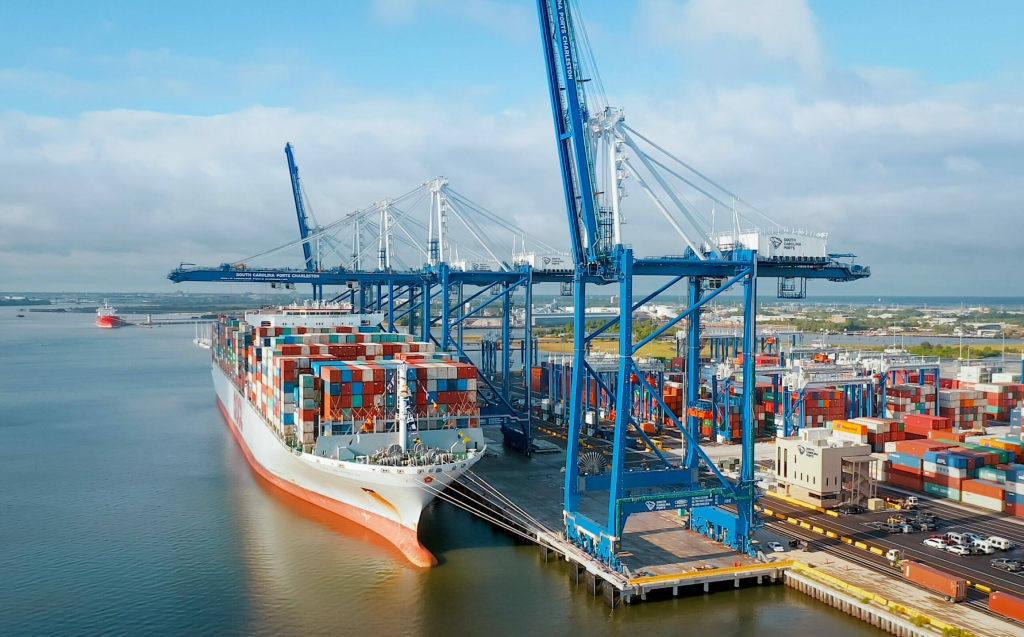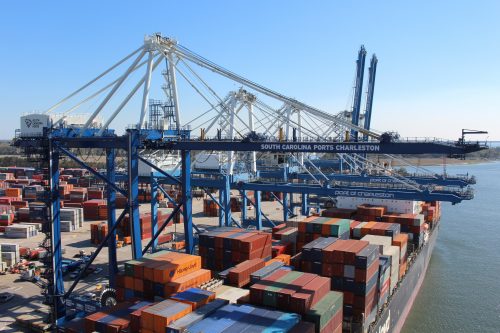In South Carolina Port Case, Court Caves to Organized Labor
The Fourth Circuit Court of Appeals is seated in Richmond, Virginia. It hears appeals from the nine federal district courts in South Carolina, North Carolina, West Virginia, Virginia, and Maryland. In the past, the Fourth was a happy home for originalism, federalism, and free enterprise.
Now? Not so much.
Just last week, the court essentially approved the International Longshoreman’s Association’s (ILA’s) ability to gain control over additional jobs at Charleston’s Leatherman Terminal. The path to takeover was the court’s acceptance of the Biden Administration’s definition of “work preservation” which would bring ship-to-shore crane lift equipment jobs under union control for the first time. (Currently, non-union employees operate the cranes at Leatherman while ILA member employees move containers around the yards at the terminals. ILA members have never operated cranes in Charleston.)
The 2-1 decision of the Fourth Circuit panel is potentially devastating for the State of South Carolina, which has spent over $1 billion to develop the new Leatherman Terminal. The reason? Ship operators are less likely to pay the higher price tags to use terminals whose jobs are monopolized by unions. A study conducted by the South Carolina Ports Authority shows that costs per container at Virginia’s all-union port terminal are significantly higher than in Savannah or in Charleston.
So, what’s next? Two options seem most likely. The state can ask for a hearing before the entire Fourth Circuit (“en banc”), or it can ask the Supreme Court of the United States to take the case. With the decline of the Fourth Circuit, the former seems dicey, even though a lower court sided with the Port.
We will report back as soon as we know what path forward the state and the State Ports Authority choose.
Note: Older terminals in the Charleston area continue to operate under a hybrid system where some jobs are union and others are not.





